To provide the best experiences, we use technologies like cookies to store and/or access device information. Consenting to these technologies will allow us to process data such as browsing behaviour or unique IDs on this site. Not consenting or withdrawing consent, may adversely affect certain features and functions.
The technical storage or access is strictly necessary for the legitimate purpose of enabling the use of a specific service explicitly requested by the subscriber or user, or for the sole purpose of carrying out the transmission of a communication over an electronic communications network.
The technical storage or access is necessary for the legitimate purpose of storing preferences that are not requested by the subscriber or user.
The technical storage or access that is used exclusively for statistical purposes.
The technical storage or access that is used exclusively for anonymous statistical purposes. Without a subpoena, voluntary compliance on the part of your Internet Service Provider, or additional records from a third party, information stored or retrieved for this purpose alone cannot usually be used to identify you.
The technical storage or access is required to create user profiles to send advertising, or to track the user on a website or across several websites for similar marketing purposes.
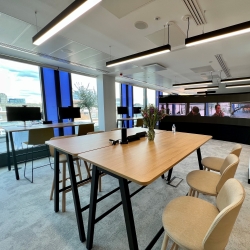 Zoom has opened a new London ‘Engagement Hub’ which the firm claims will spearhead the shift from traditional office spaces to ‘experiential working hubs’. With the demand for hybrid working and remote capabilities giving rise to unconventional ways of operating, Zoom says it has designed its new office to support the changing nature of the employee experience, marking a new era of modern work. More →
Zoom has opened a new London ‘Engagement Hub’ which the firm claims will spearhead the shift from traditional office spaces to ‘experiential working hubs’. With the demand for hybrid working and remote capabilities giving rise to unconventional ways of operating, Zoom says it has designed its new office to support the changing nature of the employee experience, marking a new era of modern work. More →




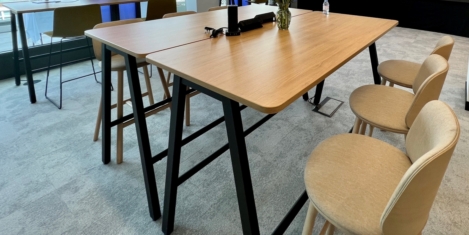
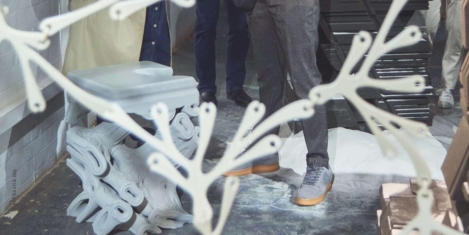
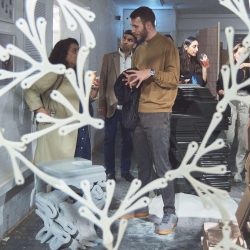


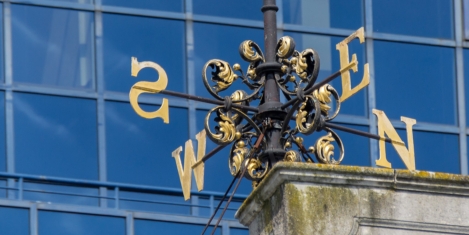
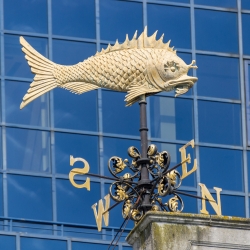 After two years on Brighton seafront,
After two years on Brighton seafront, 
 A recent survey conducted among LABS members shows that the physical office space still has a valuable place in the mindset of how they want to work. More than seven in ten of those questioned said the office is a strategic device for their businesses, and more than 74 percent of members questioned use the office for two days or more per week.
A recent survey conducted among LABS members shows that the physical office space still has a valuable place in the mindset of how they want to work. More than seven in ten of those questioned said the office is a strategic device for their businesses, and more than 74 percent of members questioned use the office for two days or more per week.

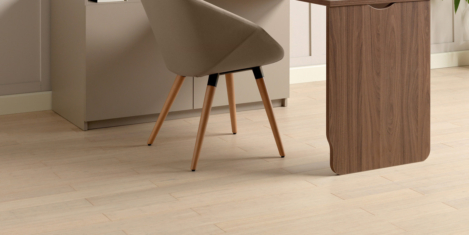
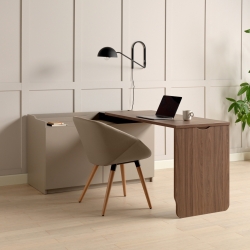






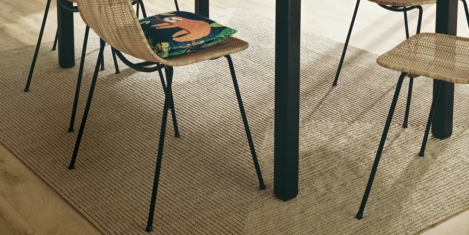
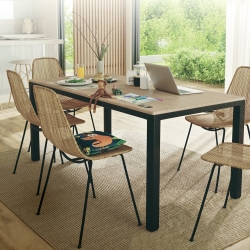










August 18, 2023
The challenge for office acoustics is to make people feel at home
by Freddie Steele • Comment, Workplace design